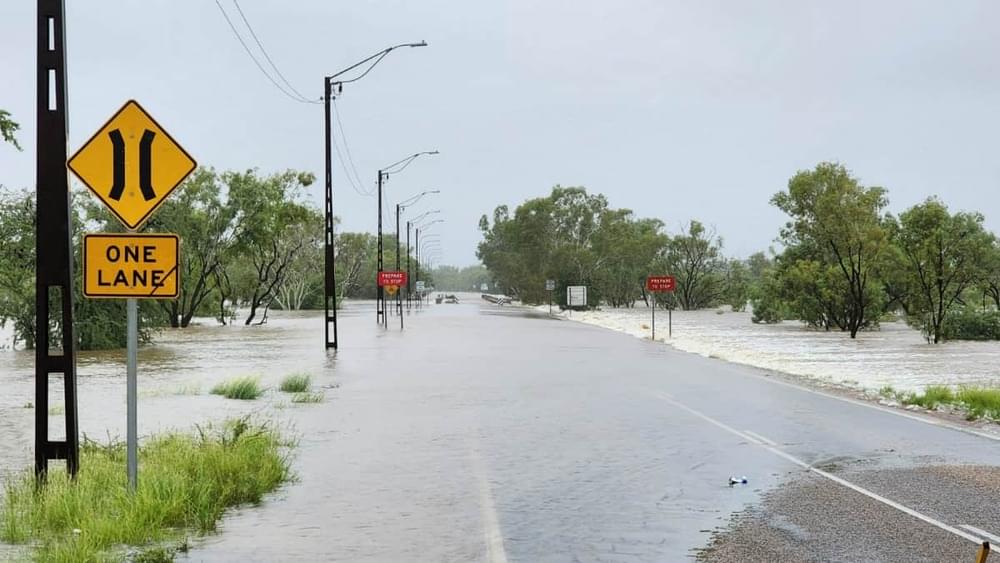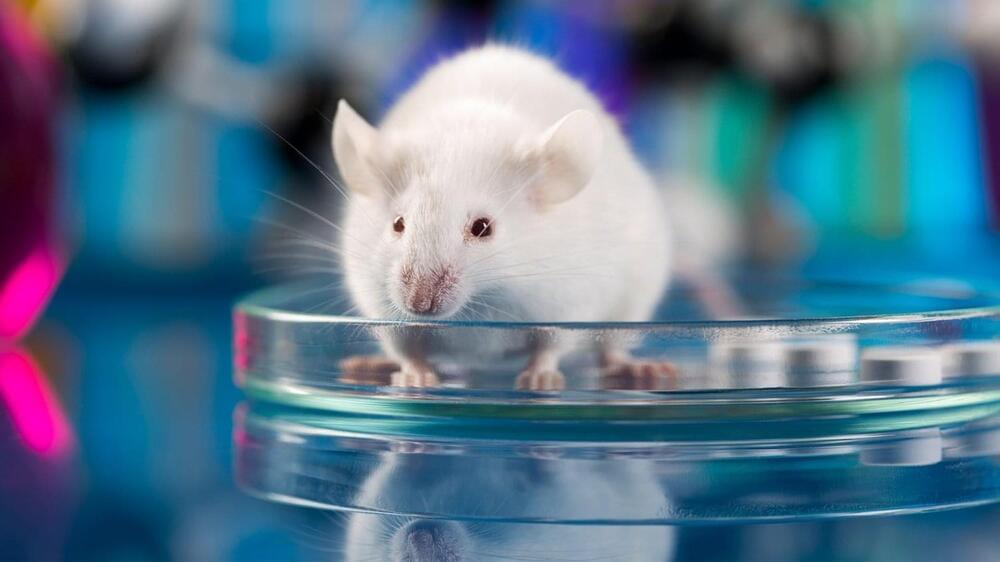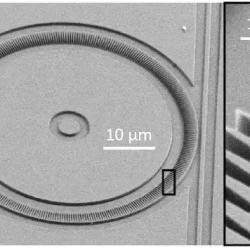 Taming rays of light and bending them to your will is tricky business. Light travels fast and getting a good chunk of it to stay in one place for a long time requires a lot of skillful coaxing. But the benefits of learning how to hold a moonbeam (or, more likely, a laser beam) in your hand, or on a convenient chip, are enormous. Trapping and controlling light on a chip can enable better lasers, sensors that help self-driving cars “see,” the creation of quantum-entangled pairs of photons that can be used for secure communication, and fundamental studies of the basic interactions between light and atoms—just to name a few.
Taming rays of light and bending them to your will is tricky business. Light travels fast and getting a good chunk of it to stay in one place for a long time requires a lot of skillful coaxing. But the benefits of learning how to hold a moonbeam (or, more likely, a laser beam) in your hand, or on a convenient chip, are enormous. Trapping and controlling light on a chip can enable better lasers, sensors that help self-driving cars “see,” the creation of quantum-entangled pairs of photons that can be used for secure communication, and fundamental studies of the basic interactions between light and atoms—just to name a few.
Of all the moonbeam-holding chip technologies out there, two stand the tallest: the evocatively named whispering gallery mode microrings, which are easy to manufacture and can trap light of many colors very efficiently, and photonic crystals, which are much trickier to make and inject light into but are unrivaled in their ability to confine light of a particular color into a tiny space—resulting in a very large intensity of light for each confined photon.
Recently, a team of researchers at JQI struck upon a clever way to combine whispering gallery modes and photonic crystals in one easily manufacturable device. This hybrid device, which they call a microgear photonic crystal ring, can trap many colors of light while also capturing particular colors in tightly confined, high-intensity bundles. This unique combination of features opens a route to new applications, as well as exciting possibilities for manipulating light in novel ways for basic research.
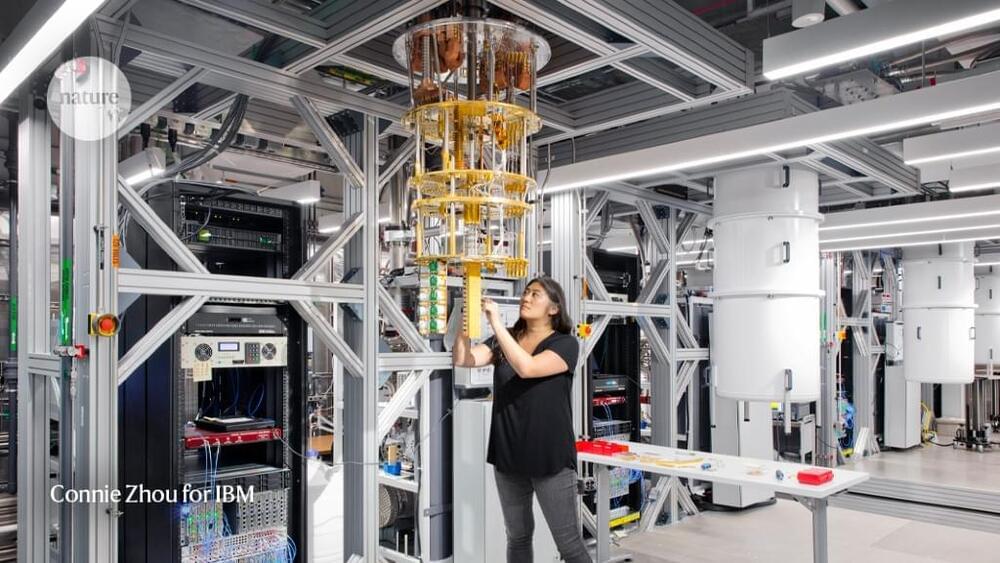

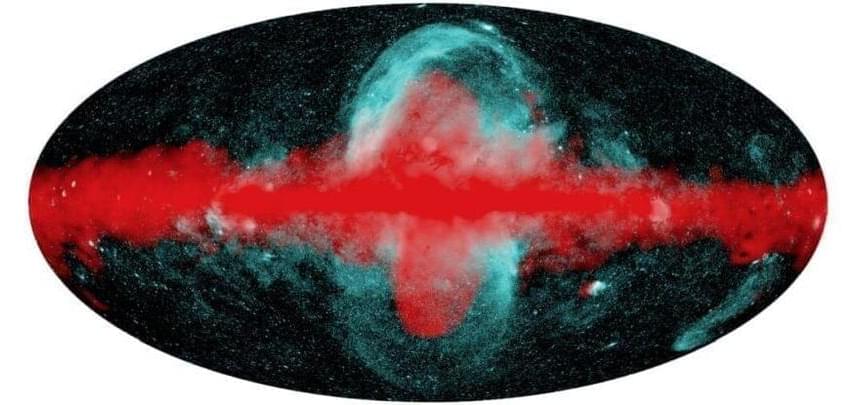
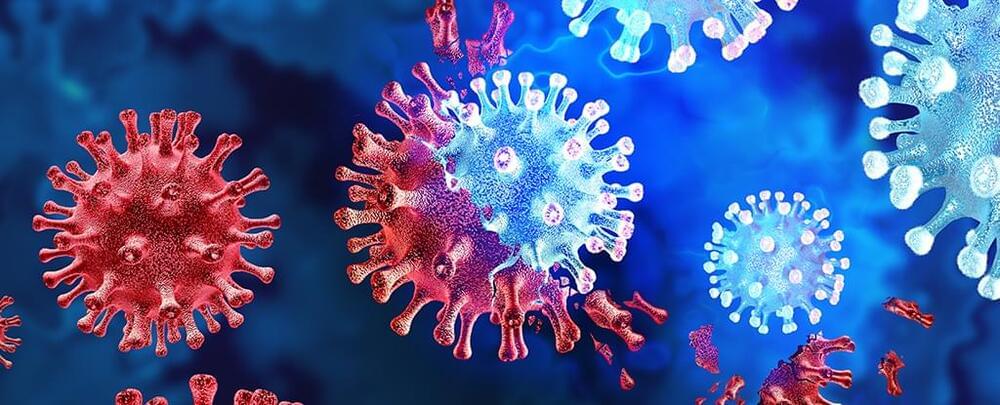
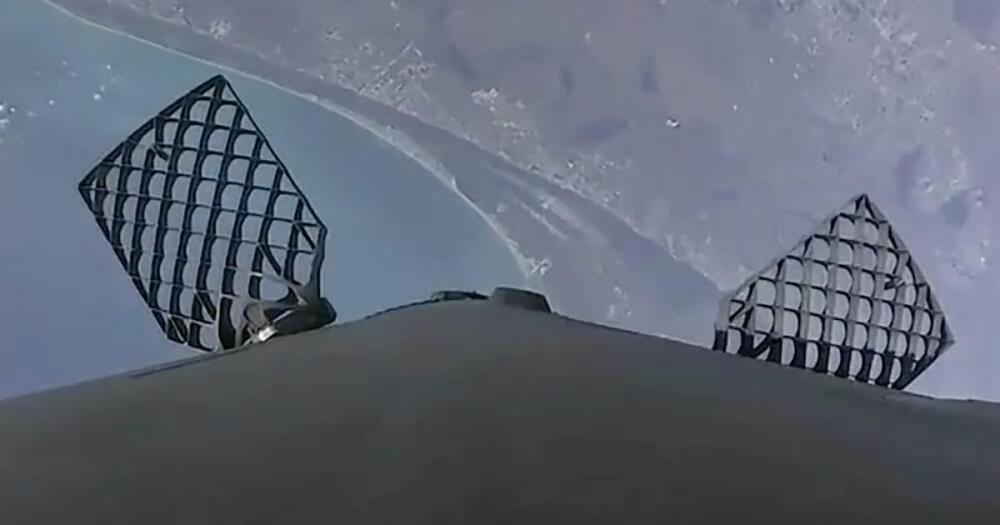
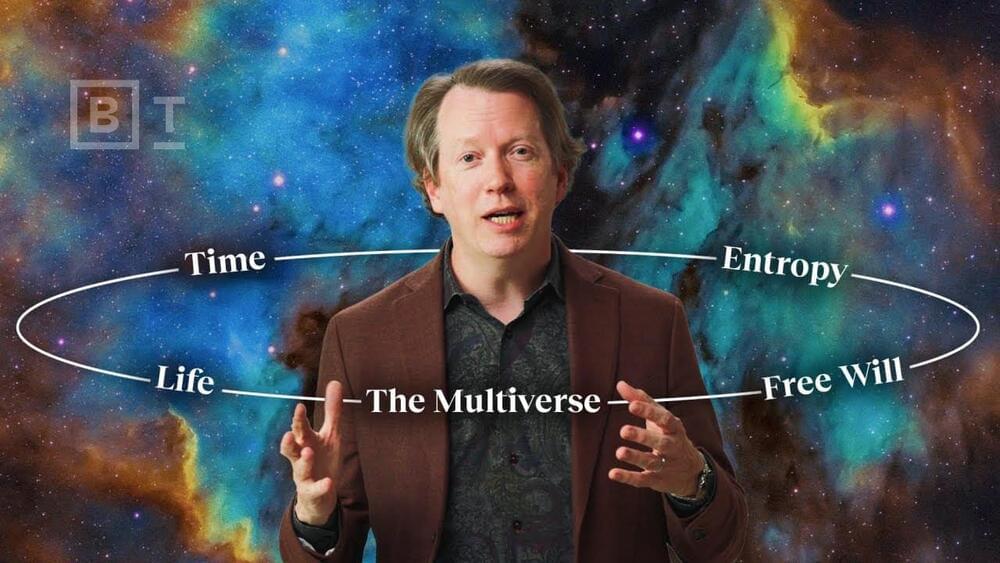
 Taming rays of light and bending them to your will is tricky business. Light travels fast and getting a good chunk of it to stay in one place for a long time requires a lot of skillful coaxing. But the benefits of learning how to hold a moonbeam (or, more likely, a laser beam) in your hand, or on a convenient chip, are enormous. Trapping and controlling light on a chip can enable better lasers, sensors that help self-driving cars “see,” the creation of quantum-entangled pairs of photons that can be used for secure communication, and fundamental studies of the basic interactions between light and atoms—just to name a few.
Taming rays of light and bending them to your will is tricky business. Light travels fast and getting a good chunk of it to stay in one place for a long time requires a lot of skillful coaxing. But the benefits of learning how to hold a moonbeam (or, more likely, a laser beam) in your hand, or on a convenient chip, are enormous. Trapping and controlling light on a chip can enable better lasers, sensors that help self-driving cars “see,” the creation of quantum-entangled pairs of photons that can be used for secure communication, and fundamental studies of the basic interactions between light and atoms—just to name a few.